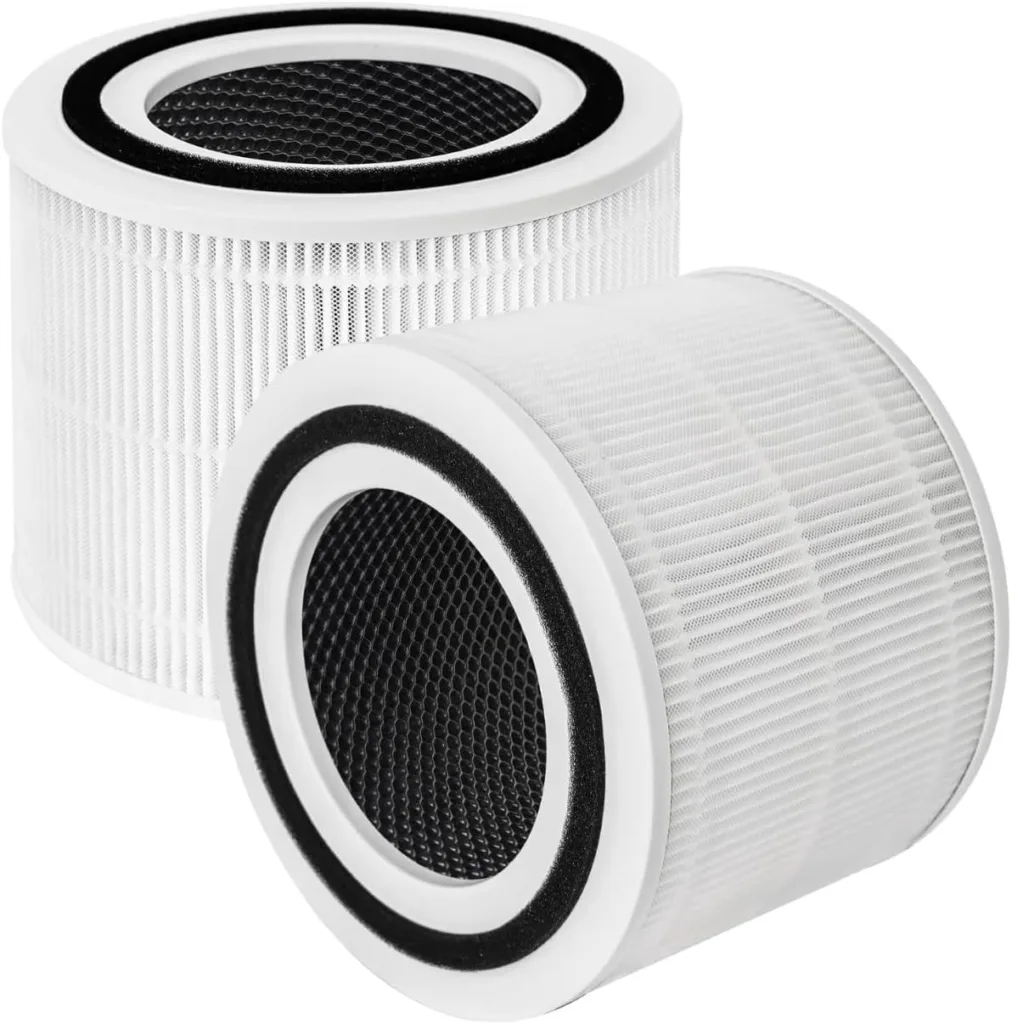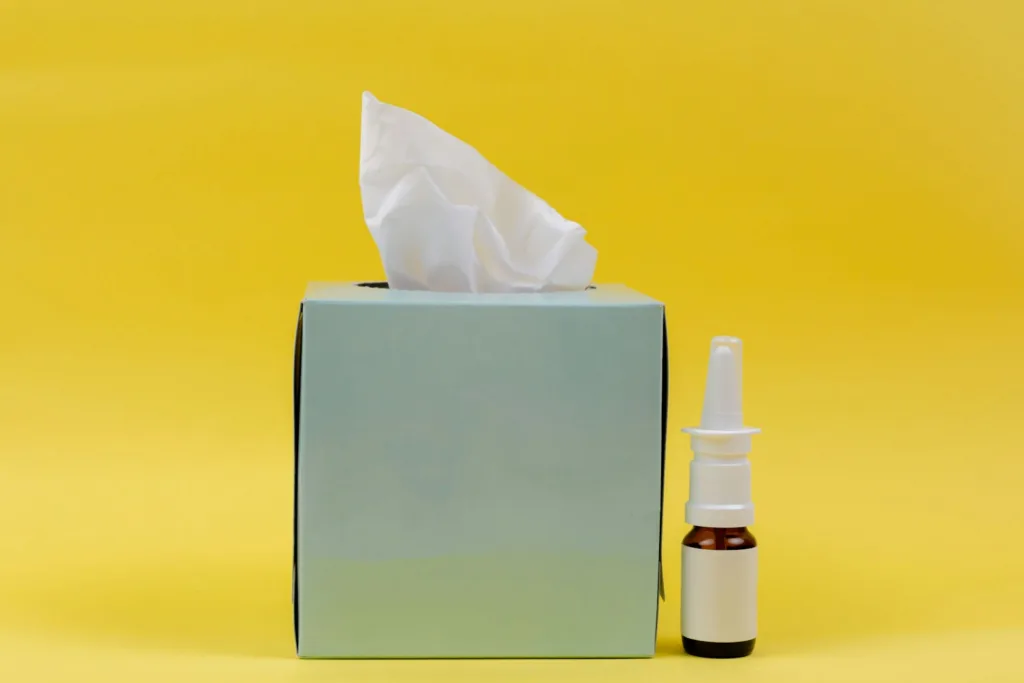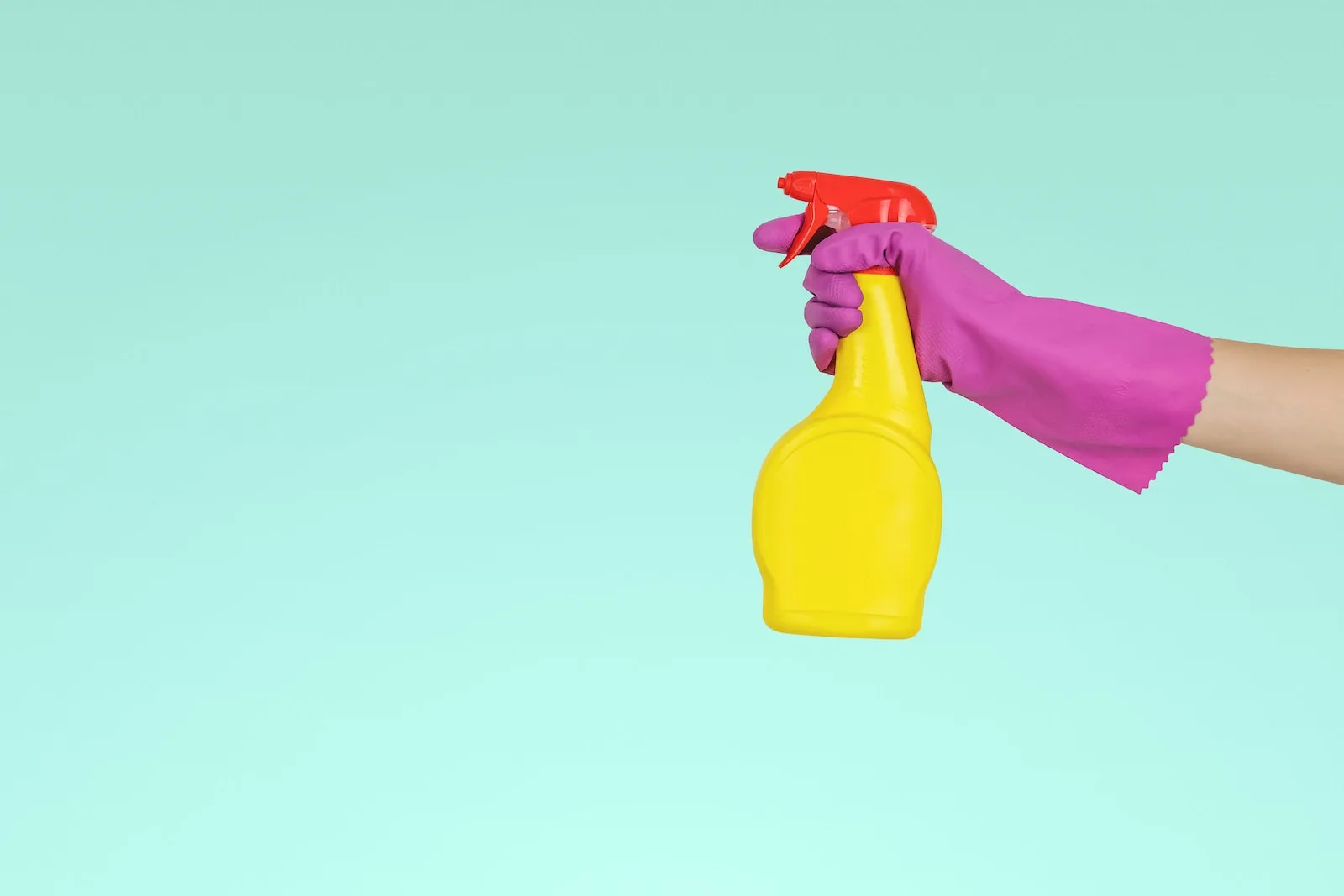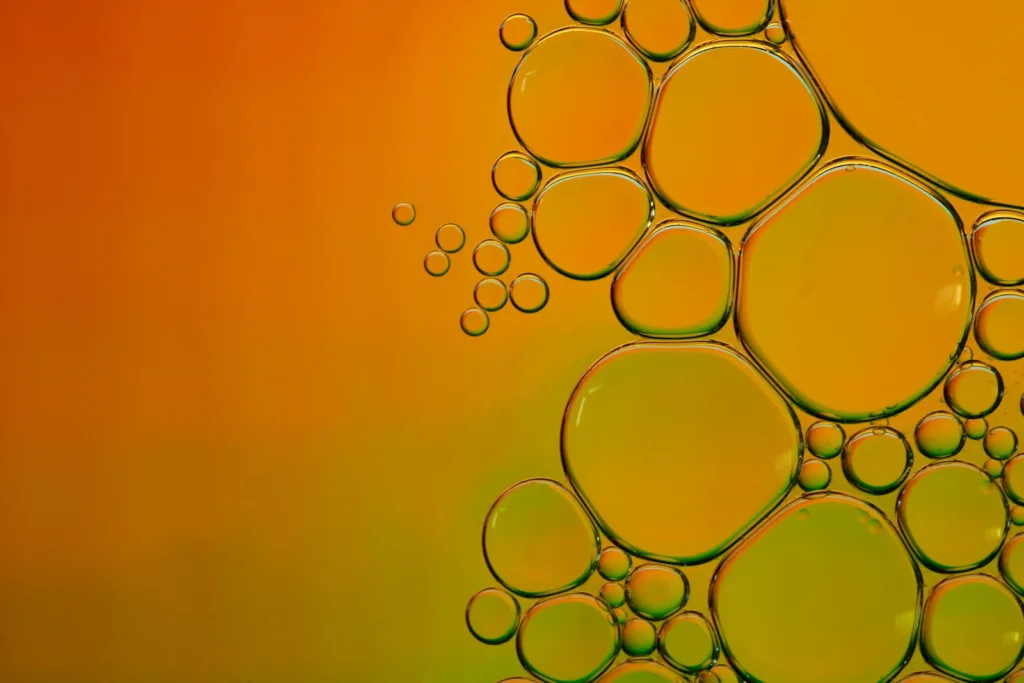If you’re someone who suffers from chemical sensitivities, you understand the challenges of living in a world full of scents and chemicals that can trigger unwanted symptoms. Breathing in pollutants can lead to headaches, nausea, and even difficulty breathing for those with sensitivities.
But fear not, because there might just be a solution that can help improve the quality of air in your surroundings. So, are there air purifiers specifically designed for people like you, suffering from chemical sensitivities? Let’s explore this topic further and discover the possibilities of finding relief through air purification.
Understanding Chemical Sensitivities
Definition of Chemical Sensitivities
Chemical sensitivities, also known as multiple chemical sensitivities (MCS), are a condition where individuals experience adverse reactions to certain chemicals and substances at levels that are generally tolerated by most people. These reactions can range from mild to severe and can affect multiple bodily systems, including the respiratory, digestive, and nervous systems. Individuals with chemical sensitivities can experience symptoms when exposed to a variety of substances, including fragrances, cleaning products, pesticides, and smoke.
Common Symptoms
The symptoms of chemical sensitivities can vary widely from person to person. Some common symptoms include headaches, dizziness, fatigue, difficulty breathing, skin irritations, nausea, and cognitive impairments. These symptoms can occur immediately after exposure to a chemical or substance or can develop over time with repeated exposure. It is important to note that the severity of symptoms can also vary, with some individuals experiencing mild discomfort while others may be completely debilitated.
Causes of Chemical Sensitivities
The exact cause of chemical sensitivities is not fully understood, but there are several factors that are believed to contribute to the condition. Genetics, environmental factors, and previous chemical exposure can all play a role in the development of chemical sensitivities. Additionally, individuals who already have pre-existing allergies or asthma are more likely to develop chemical sensitivities. It is important to note that chemical sensitivities are often a complex condition that requires a multidimensional approach to diagnosis and treatment.
The Need for Air Purifiers
How Chemical Sensitivities Affect Indoor Air Quality
For individuals with chemical sensitivities, maintaining good indoor air quality is crucial to managing their symptoms and ensuring their overall well-being. Chemicals and substances present in the air, such as volatile organic compounds (VOCs), formaldehyde, and fragrances, can trigger symptoms and exacerbate sensitivity reactions. These substances can be found in a variety of everyday items, including cleaning products, furniture, carpets, and personal care products.
Benefits of Using Air Purifiers
Air purifiers can be an effective tool in reducing exposure to chemicals and improving indoor air quality for individuals with chemical sensitivities. By filtering out airborne pollutants and contaminants, air purifiers can help remove harmful chemicals and allergens from the air, reducing the risk of triggering sensitivity reactions. Some of the benefits of using air purifiers include:
- Reduction of airborne chemicals: Air purifiers equipped with appropriate filters can effectively capture and remove chemicals and pollutants from the air, reducing the concentration of harmful substances.
- Allergen mitigation: In addition to chemicals, air purifiers can help filter out common allergens such as dust mites, pet dander, and pollen, providing relief for individuals with chemical sensitivities and allergies.
- Odor elimination: Air purifiers with activated carbon filters can help eliminate unpleasant odors from the air, including those caused by chemicals, smoke, and cooking.
- Overall improved air quality: By removing airborne pollutants, air purifiers can contribute to a healthier indoor environment, promoting better respiratory health and reducing the risk of developing other health issues related to poor air quality.
Types of Air Purifiers
HEPA Filters
HEPA (High-Efficiency Particulate Air) filters are one of the most common types of filters used in air purifiers. These filters are capable of capturing particles as small as 0.3 microns with a high efficiency of 99.97%. HEPA filters are particularly effective in removing airborne particles such as dust, pollen, pet dander, and mold spores. However, it is important to note that HEPA filters are not designed to capture gaseous pollutants such as VOCs.
Activated Carbon Filters
Activated carbon filters are specifically designed to target and remove gaseous pollutants and odors from the air. These filters are made from a porous form of carbon with a high surface area, allowing them to effectively absorb and trap chemicals and odorous compounds. Activated carbon filters are commonly used in conjunction with other types of filters, such as HEPA filters, to provide comprehensive air purification.
UV Germicidal Irradiation
UV germicidal irradiation, also known as UV-C, utilizes ultraviolet light to destroy or inactivate biological contaminants such as viruses, bacteria, and mold spores. Air purifiers with UV-C technology can effectively reduce the presence of these microorganisms in the air, contributing to a cleaner and healthier indoor environment. However, it is important to note that UV-C light is not effective against chemical pollutants and allergens.
Ozone Generators
Ozone generators are a controversial type of air purifier that produce ozone, a reactive gas, in order to eliminate odors and kill bacteria and mold. However, ozone itself can be a respiratory irritant and can worsen symptoms for individuals with chemical sensitivities. It is generally recommended to avoid using ozone generators, especially in enclosed spaces or if there are individuals with respiratory conditions present.
Considerations When Choosing an Air Purifier
Coverage Area
When choosing an air purifier, it is important to consider the coverage area that the device is designed for. Air purifiers are typically rated based on the square footage that they can effectively purify. It is important to select an air purifier that is suitable for the size of the room or area where it will be used in order to ensure optimal performance and efficiency.
Noise Level
Air purifiers can produce varying levels of noise depending on the type of device and its fan speed settings. Consider the noise level of the air purifier, especially if it will be used in a bedroom or other area where quiet is important. Look for air purifiers that offer multiple fan speed options, allowing for customization of noise output.
Energy Efficiency
Air purifiers run continuously to maintain optimal air quality, so it is important to choose a device that is energy efficient to minimize energy consumption and associated costs. Look for air purifiers with an ENERGY STAR certification, as these devices meet strict energy efficiency guidelines set by the U.S. Environmental Protection Agency (EPA) and are designed to consume less energy while providing effective air purification.
Filter Replacement
Most air purifiers require regular filter replacements to ensure optimal performance. Consider the cost and availability of replacement filters when choosing an air purifier. Some devices offer filter replacement indicators or alerts to make it easier to keep track of when filters need to be changed.

Air Purifiers for Specific Chemical Sensitivities
Formaldehyde
Formaldehyde is a common indoor air pollutant that can be emitted from building materials, furniture, and even some household products. To effectively remove formaldehyde from the air, consider air purifiers with activated carbon filters, as these filters have been proven to effectively adsorb and remove formaldehyde from the air.
Volatile Organic Compounds (VOCs)
VOCs are a group of chemicals commonly found in indoor environments, emitted from sources such as cleaning products, paints, and building materials. To target VOCs, air purifiers with activated carbon filters are recommended, as these filters have a high affinity for adsorbing VOCs and can significantly reduce their presence in the air.
Perfumes and Fragrances
Individuals with sensitivities to perfumes and fragrances may benefit from air purifiers equipped with activated carbon filters, as these filters are effective in removing airborne odors and chemicals. Additionally, avoiding the use of synthetic fragrances and opting for natural alternatives can also help reduce exposure to potential irritants.
Cleaning Products
Cleaning products can contain a variety of chemicals that can trigger sensitivity reactions. To reduce exposure to these chemicals in the air, consider using air purifiers with activated carbon filters, which can capture and adsorb airborne chemical particles. Additionally, opting for fragrance-free or low-odor cleaning products can also help minimize exposure.
Certifications and Standards to Look for
AHAM Verified Mark
The AHAM (Association of Home Appliance Manufacturers) Verified Mark is a certification that indicates an air purifier’s performance and effectiveness in removing common household pollutants. Look for air purifiers with this mark to ensure that you are purchasing a device that has undergone rigorous testing and meets industry standards.
ENERGY STAR Certification
The ENERGY STAR certification is awarded to air purifiers that meet strict energy efficiency guidelines set by the U.S. Environmental Protection Agency (EPA). Choosing an air purifier with this certification can help reduce energy consumption and associated costs while ensuring effective air purification.
CARB Compliance
The California Air Resources Board (CARB) sets standards and regulations for air purifiers, particularly regarding their emission levels of ozone and other pollutants. Look for air purifiers that are CARB-compliant to ensure that they meet these standards and prioritize safety and environmental protection.
Allergy and Asthma Friendly Certification
The Allergy and Asthma Friendly Certification is awarded to air purifiers that have been tested and proven to effectively reduce allergens and irritants in the air. Choosing an air purifier with this certification can provide peace of mind, especially for individuals with allergies or asthma.

Additional Features to Consider
Timer Function
Some air purifiers offer a timer function, allowing you to set the device to operate for a specific period of time. This feature can be useful to conserve energy and manage the device’s runtime according to your specific needs.
Air Quality Sensors
Air purifiers with built-in air quality sensors can automatically monitor and adjust the device’s purification settings based on the detected air quality. This feature can help maintain optimal air quality without constant manual adjustments.
Multiple Fan Speeds
Air purifiers with multiple fan speed options allow you to customize the device’s airflow and noise output according to your preferences and specific requirements. This flexibility can be beneficial, especially in different environments and situations.
Smart Home Integration
Some air purifiers can be integrated into smart home systems, allowing for remote control and monitoring through smartphone apps or voice assistants. This feature provides convenience and allows for easy management of the air purifier from anywhere within the home.
Maintenance and Care
Cleaning the Air Purifier
Regular cleaning of the air purifier is important to maintain its performance and prevent the buildup of dust and debris. Follow the manufacturer’s instructions for cleaning, which may include wiping down the exterior, vacuuming the intake vents, and cleaning or replacing pre-filters.
Replacing Filters
Most air purifiers require regular filter replacements to ensure optimal performance. Follow the manufacturer’s recommendations for filter replacement intervals and procedures. Keeping up with filter replacements is crucial for maintaining effective air purification.
Regular Filter Maintenance
In addition to filter replacement, it is important to regularly maintain the filters in the air purifier. Some filters, such as activated carbon filters, may need to be periodically refreshed or replaced to maintain their adsorption capabilities. Refer to the manufacturer’s instructions for proper maintenance procedures for each type of filter.
Other Strategies for Improving Indoor Air Quality
Ventilation
Proper ventilation is key to maintaining good indoor air quality. Ensure that there is adequate air exchange in the space by opening windows, using exhaust fans in bathrooms and kitchens, and utilizing ventilation systems. This can help remove stale air and bring in fresh outdoor air, reducing the concentration of pollutants indoors.
Reducing Chemical Sources
Minimizing exposure to chemicals can help improve indoor air quality for individuals with chemical sensitivities. Avoid using products that contain VOCs or other potential irritants, opt for natural alternatives, and properly store and ventilate any chemicals or solvents used in the home.
Natural Air Purifiers
In addition to using air purifiers, incorporating natural air purifiers can help enhance indoor air quality. Plants such as peace lilies, spider plants, and English ivy have been shown to help filter and purify the air by absorbing certain chemicals and toxins. However, it is important to note that relying solely on plants may not be sufficient for individuals with severe chemical sensitivities.
Conclusion
For individuals with chemical sensitivities, air purifiers can be valuable tools in managing symptoms and creating a healthier indoor environment. Understanding the types of air purifiers available, considering specific needs and sensitivities, and choosing certified and efficient devices can help individuals find the most suitable air purifier for their needs. Remember to also implement other strategies for improving indoor air quality, such as proper ventilation and reducing chemical sources, to complement the use of air purifiers. By taking proactive steps to enhance indoor air quality, individuals with chemical sensitivities can experience improved well-being and quality of life.
Check out another great read…
Do Air Purifiers Help With Asthma?


